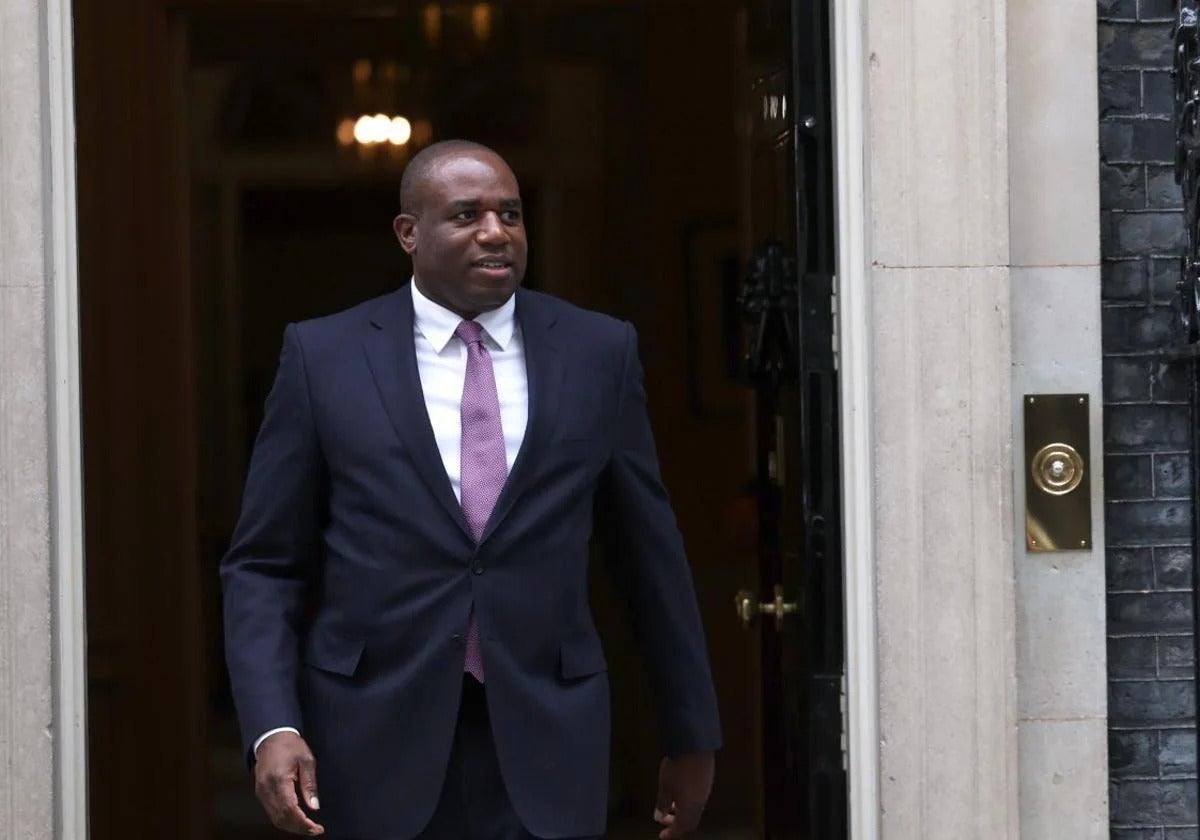UK's new Labour government and Spain to resume post-Brexit Gibraltar negotations
No major changes are expected to be made to the provisional agreements reached by Spanish Foreign Minister José Manuel Albares and David Cameron in May
Spanish Foreign Minister José Manuel Albares and Britain's new Foreign Secretary David Lammy have already spoken about resuming talks regarding the future of Gibraltar's post-Brexit status. This came after the Labour Party's landslide victory in last week's UK general election. Fabian Picardo, Chief Minister of Gibraltar, celebrated the "historic" victory of Keir Starmer's Labour Party, calling it a "sister party" to his own.
Albares and Lammy spoke last Saturday, just two days after the election. The Spanish Foreign Minister said that both countries will work together in this new phase "to continue strengthening Spanish-British relations for the benefit of our citizens and to reach an agreement in relation to Gibraltar". Despite the change in government, no major adjustments to what was discussed by Albares and his then counterpart David Cameron in Brussels on 16 May are expected.
Hopes were high that negotiations would be finalised at the meeting in May between the European Commission, Albares and Cameron, who called the Brexit referendum in 2016. The Spanish Foreign Minister went into the meeting "hopeful" and stated how he did not see any "obstacles" to progress. But no agreement was reached. Following the meeting, a joint statement from Spain, the European Commission and the UK assured that they were "getting closer" to an agreement and confirmed that talks would continue.
This was a missed opportunity, only adding to the uncertainty surrounding Gibraltar's future status. The European elections were less than a month away and Rishi Sunak, former British Prime Minister, had already called an early general election. Given these circumstances, contested issues in the negotiations continued to revolve around property, mobility, and control of Gibraltar International Airport - one of the most controversial points of contention.
For now, the plan is to keep the negotiations on track and seek a new meeting after the summer, once the seats in the new European Commission have been configured following the June elections.
The latest proposal from the European Commission involved Frontex taking charge of border surveillance to avoid the presence of Spanish agents in Gibraltar, as requested by London. As for the import and export of goods, tax harmonisation is being considered to bring Gibraltar in line with other European regions. One of the pending issues is making the same the pensions of Gibraltarians and those of cross-border workers who commute into Gibraltar from Spain, which are some 400 euros per month lower.
No right to vote
Those most affected by the agreement - the 32,649 registered inhabitants of the Rock and the 15,000 Spanish workers who cross the border every day - did not participate in last Thursday's British election. As Gibraltar is an overseas territory with its own jurisdiction, it does not form part of the 650 constituencies that directly elect their representatives to the UK Parliament.
Gibraltar's Chief Minister Fabian Picardo has stated that what must come next is the continuation and acceleration of the negotiation process, to reach a "definitive treaty". He also confirmed that he was "sure" that there would be no change in positions, adding that his belief was that there would be no tax harmonisation between Gibraltar and Spain. This is the first time that socialist parties have been in power simultaneously in Gibraltar, Spain and the UK; an "ideological solidarity" that "will no doubt help", says Picardo.

